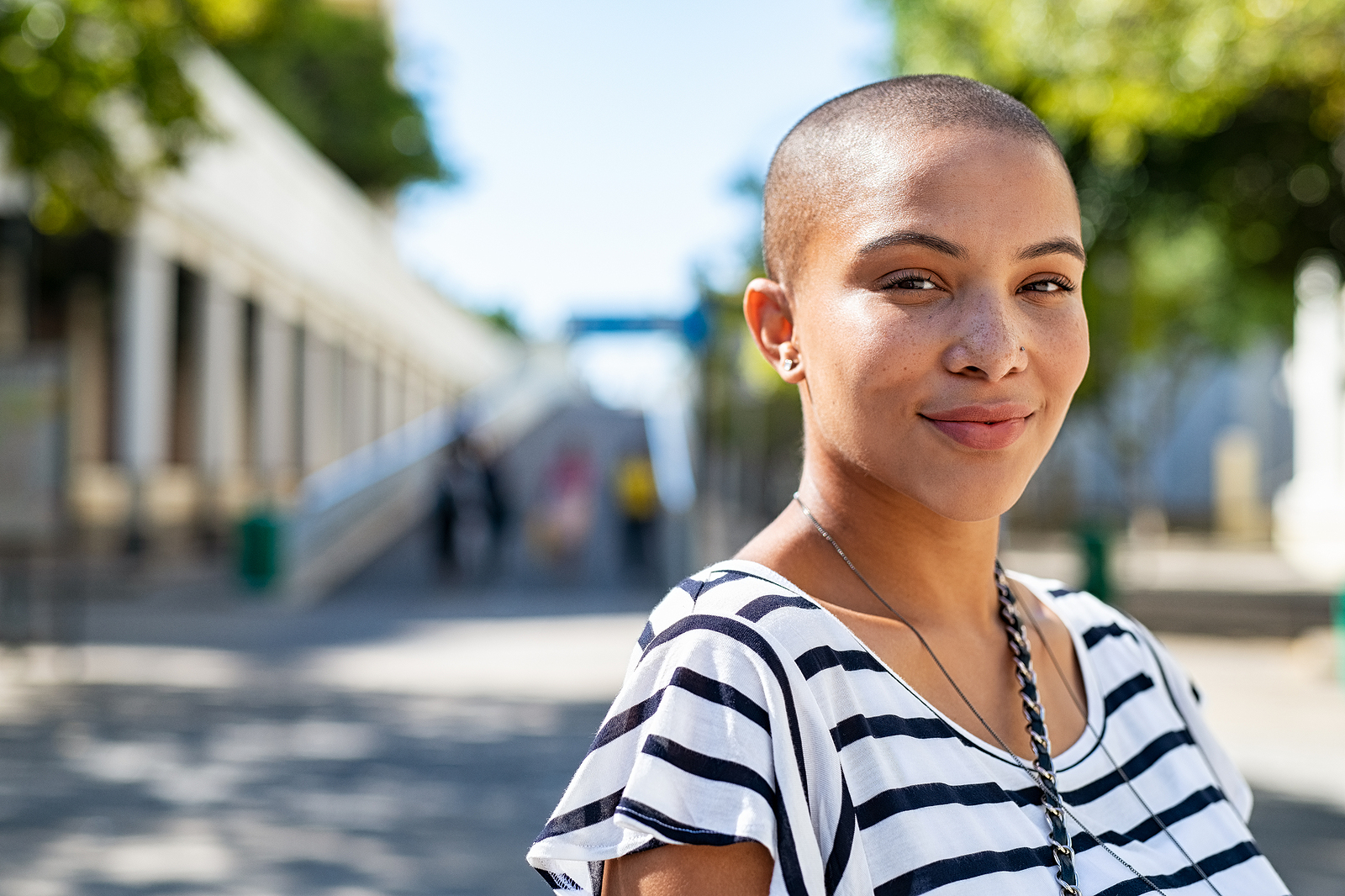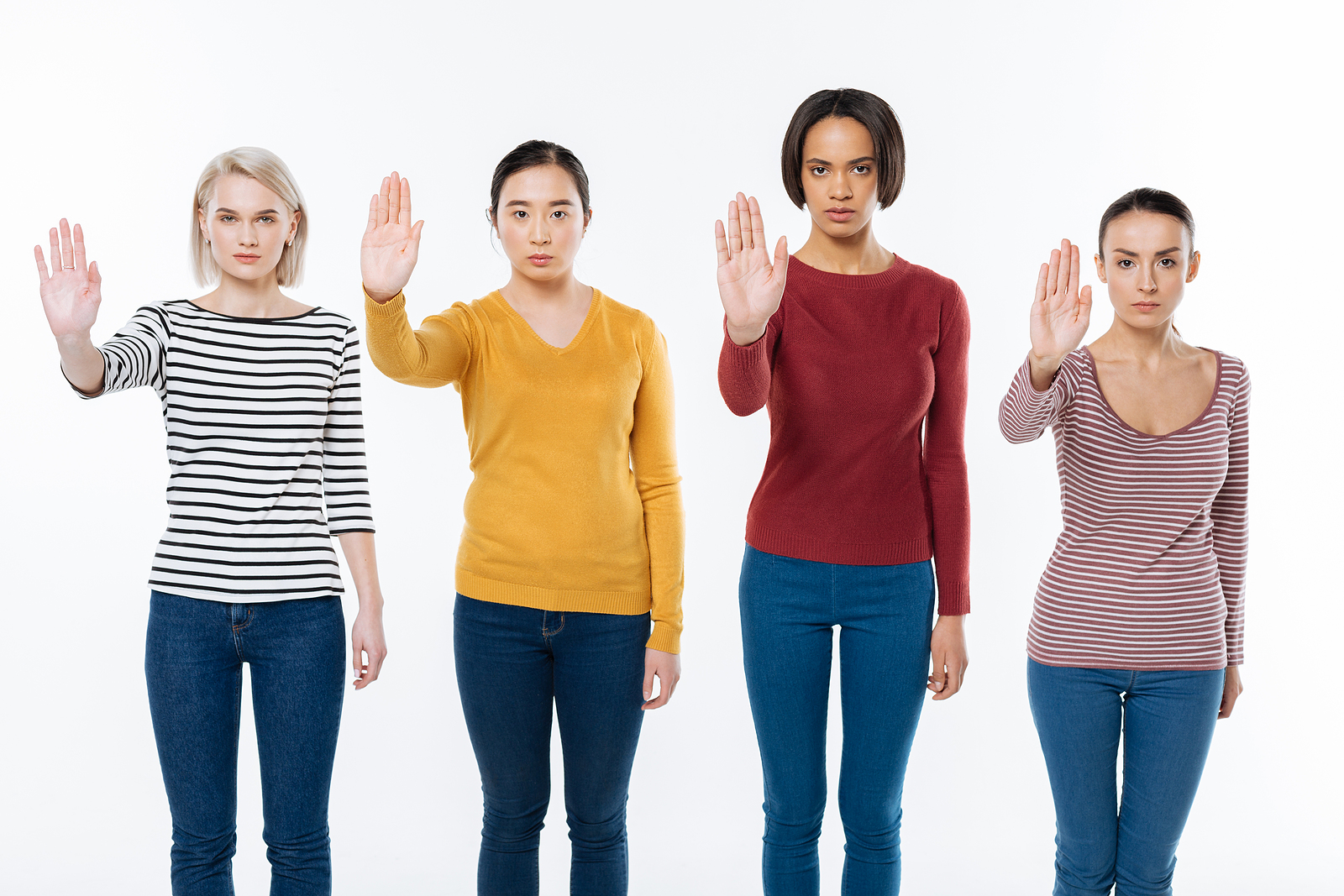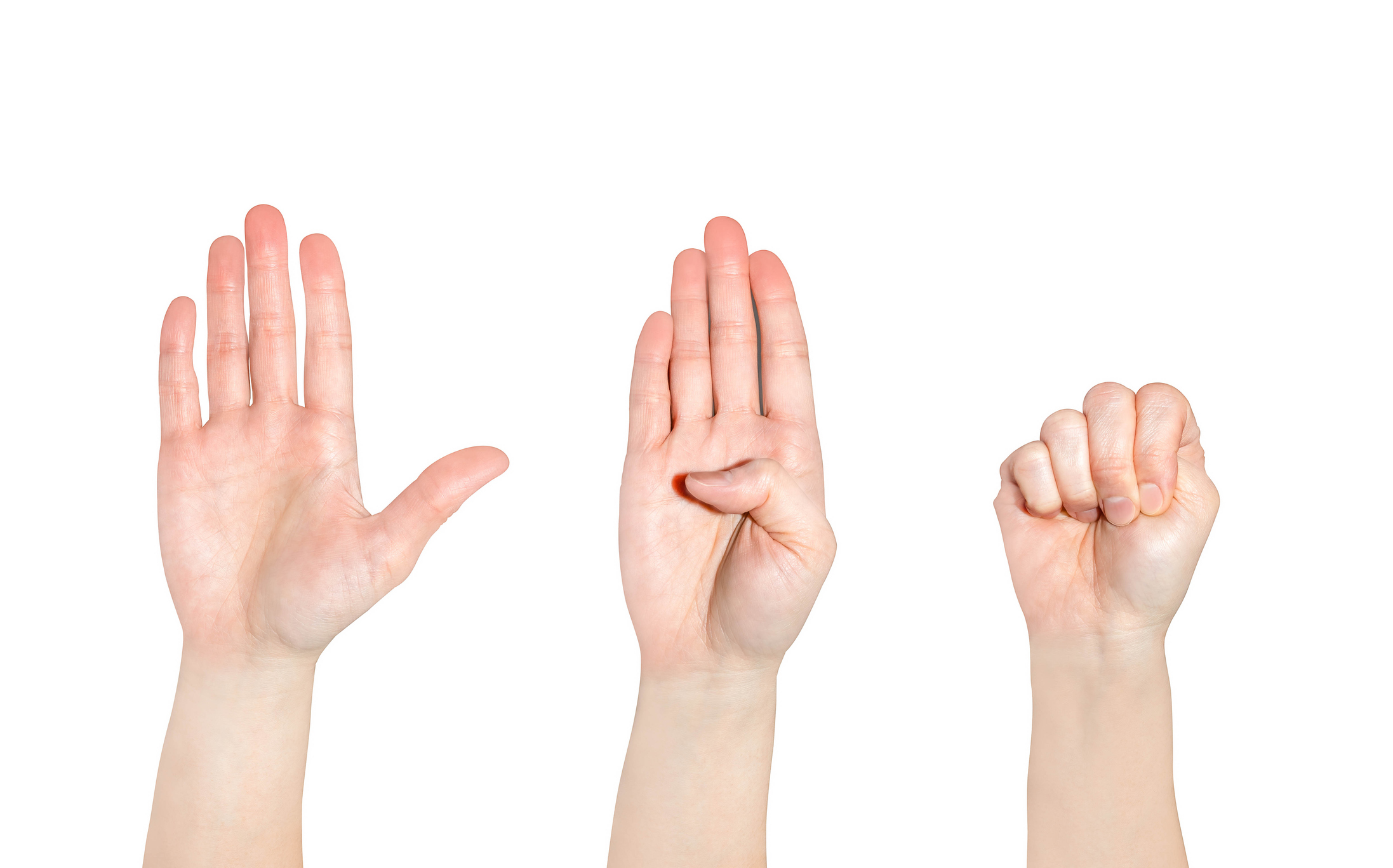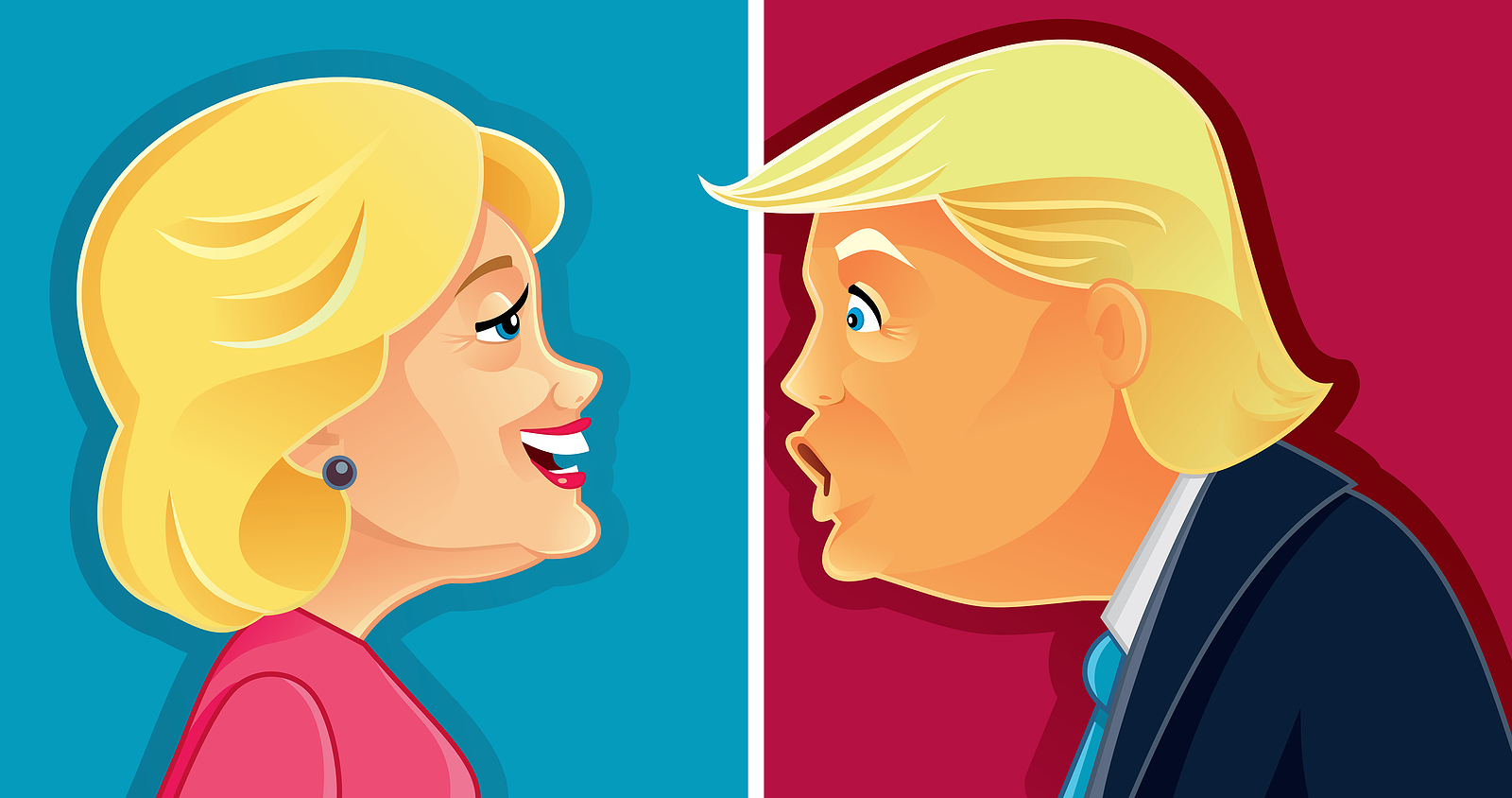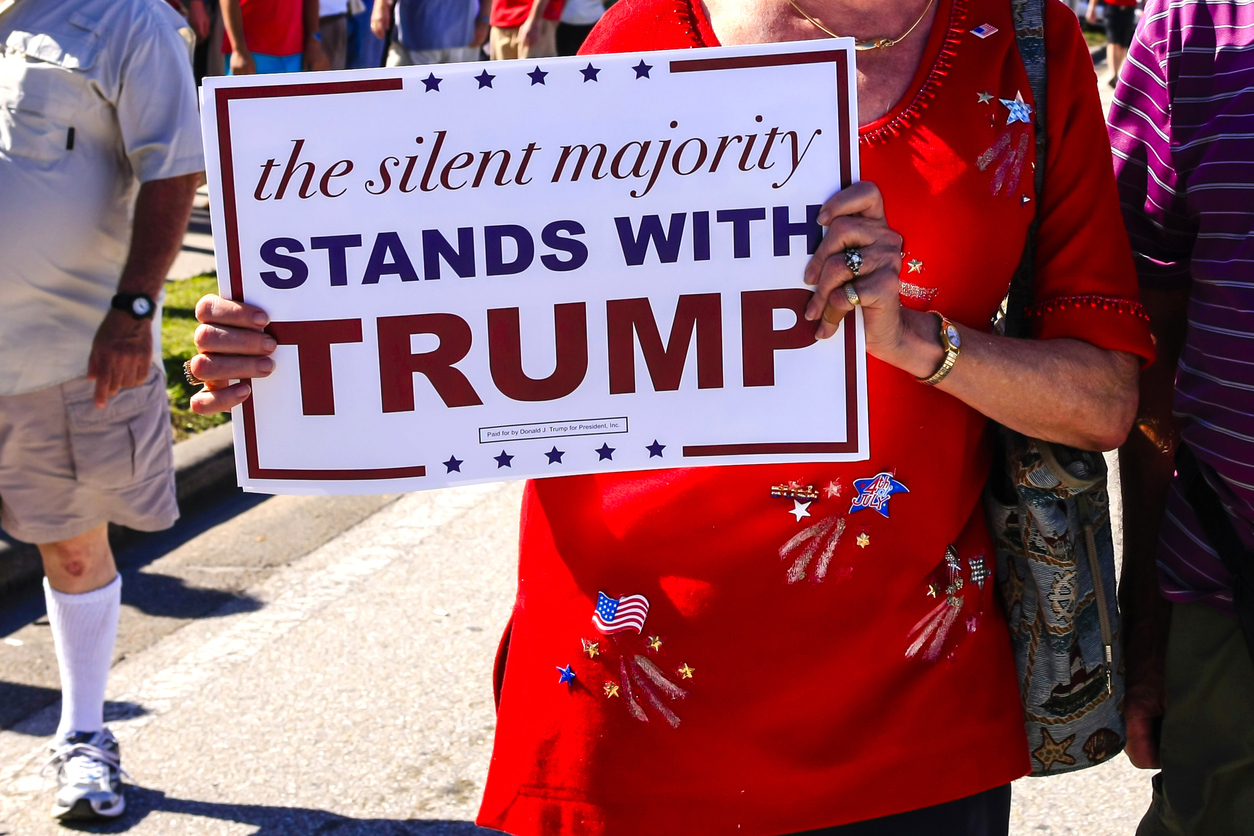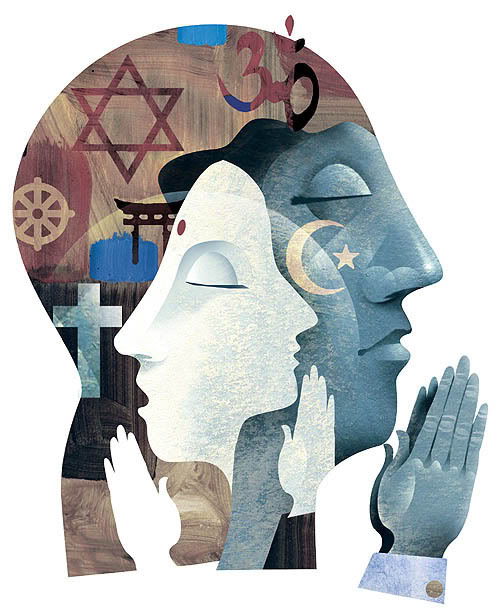More women than ever are stepping away from traditional party politics. Here’s why independent women are becoming the most unpredictable—and powerful—force in America.
She’s done picking the “lesser of two evils.”
She doesn’t trust cable news.
She’s skeptical of career politicians—on both sides.
And she’s not alone.
Across the country, a growing number of women—many of them educated, engaged, and deeply informed—are leaving the Democratic and Republican parties behind.
They’re not apathetic.
They’re fed up.
Welcome to the rise of the independent woman voter—a demographic that doesn’t fit neatly into red or blue, but may end up deciding the direction of the country.
📊 The Numbers Don’t Lie
- Over 42% of American women now identify as independent or unaffiliated, according to recent Gallup data.
- Among Gen Z and Millennials, the percentage is even higher.
- In battleground states, independent women are often the tipping point in close elections.
And yet—no party really owns them.
💬 What They’re Saying
“I don’t feel represented.”
“I’m socially liberal, but I don’t trust the government with my money.”
“I’m pro-choice, but I believe in secure borders.”
“I care about climate change, but I think identity politics has gone too far.”
“I’m tired of being told what to think because I’m a woman.”
These women are nuanced, not extreme. And they’re tired of politicians treating them like checklists or caricatures.
💥 Trump Was a Catalyst—But Not the Whole Story
Many women first began questioning their party allegiance during the Trump years—whether that meant leaving the GOP because of his rhetoric or leaving the Democrats because of the reaction to him.
But the shift didn’t stop with Trump.
Today’s independent women cite frustration with:
- The increasing radicalism on both ends of the spectrum
- Performative politics and virtue signaling
- A lack of practical solutions for real-world problems (healthcare, housing, child care, safety)
- The feeling that parties are more loyal to power than people
They’re not swing voters—they’re issue voters. And their views often cross party lines.
👩💼 Who Are These Women?
They’re not all one type. They include:
- Disaffected suburban moms
- Working professionals in urban areas
- Gen Z digital natives
- College-educated women in small towns
- Women of color frustrated by broken promises
- Middle-aged women who feel politically homeless
They read, they vote, they organize—and they don’t like being talked down to.
🔮 What Do They Want?
- Truth over tribalism
- Policy over party games
- Respect for nuance
- Real solutions for real life
They’re open to third parties, grassroots candidates, and even political outsiders—so long as they feel heard, respected, and empowered.
And in a political system increasingly driven by division, that makes them incredibly powerful—and unpredictable.
Closing Thought
The future of politics may not belong to the loudest voices on the left or right.
It may belong to independent women—those who’ve opted out of the binary, tuned into their values, and decided that their voice is too important to be taken for granted.
They don’t want a savior.
They want a seat at the table.
And they’re pulling up their own chair.














